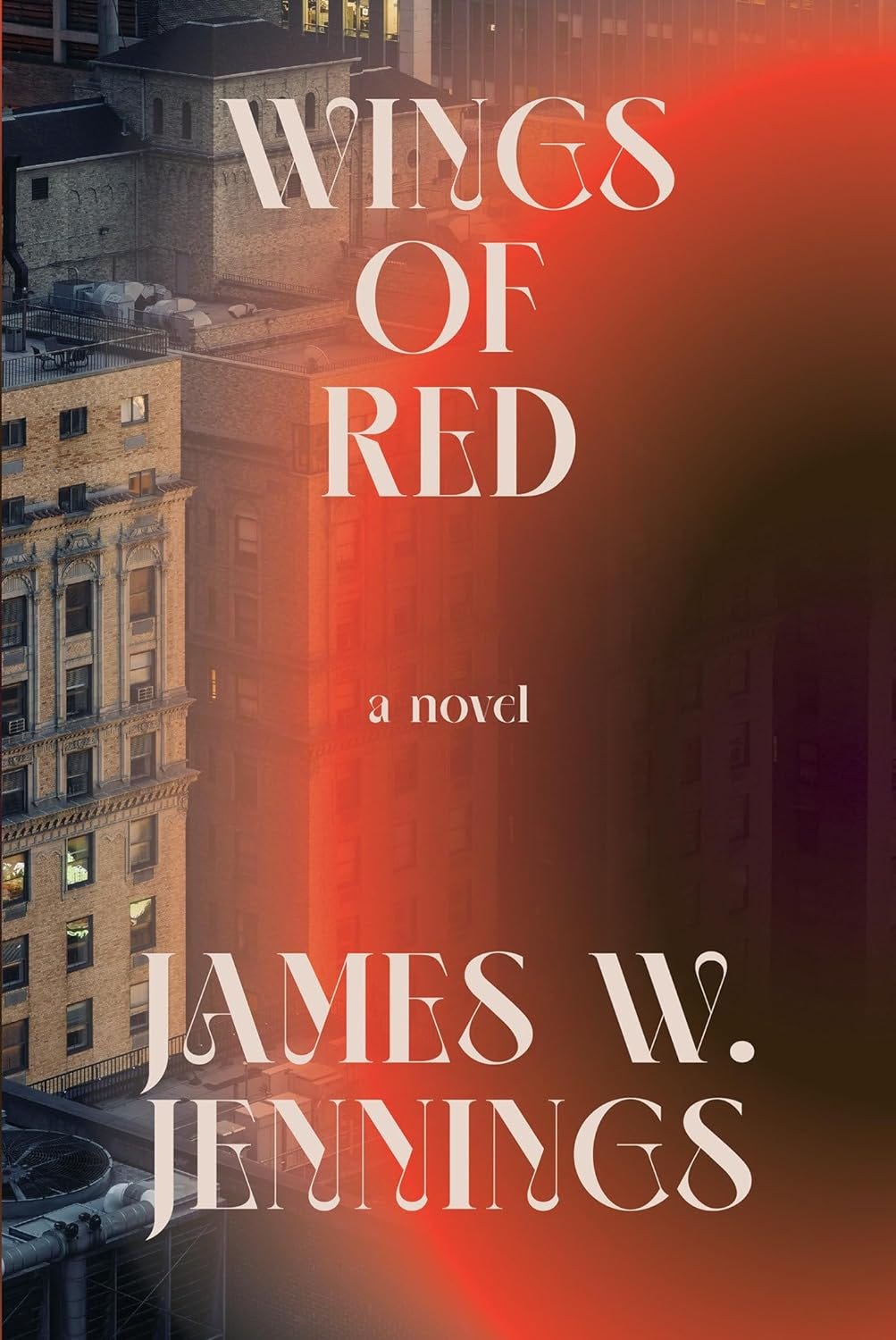“I feel the wings of everyone who’s ever dreamed bigger than what life allowed.”
- James W. Jennings, Wings of Red
I just finished reading Wings of Red by James W. Jennings.
It is the story—or better yet, the testimony—of a young man named June Papers, a homeless substitute teacher living in an slightly alternate-universe New York City called New City. H…
Keep reading with a 7-day free trial
Subscribe to Witness to keep reading this post and get 7 days of free access to the full post archives.


